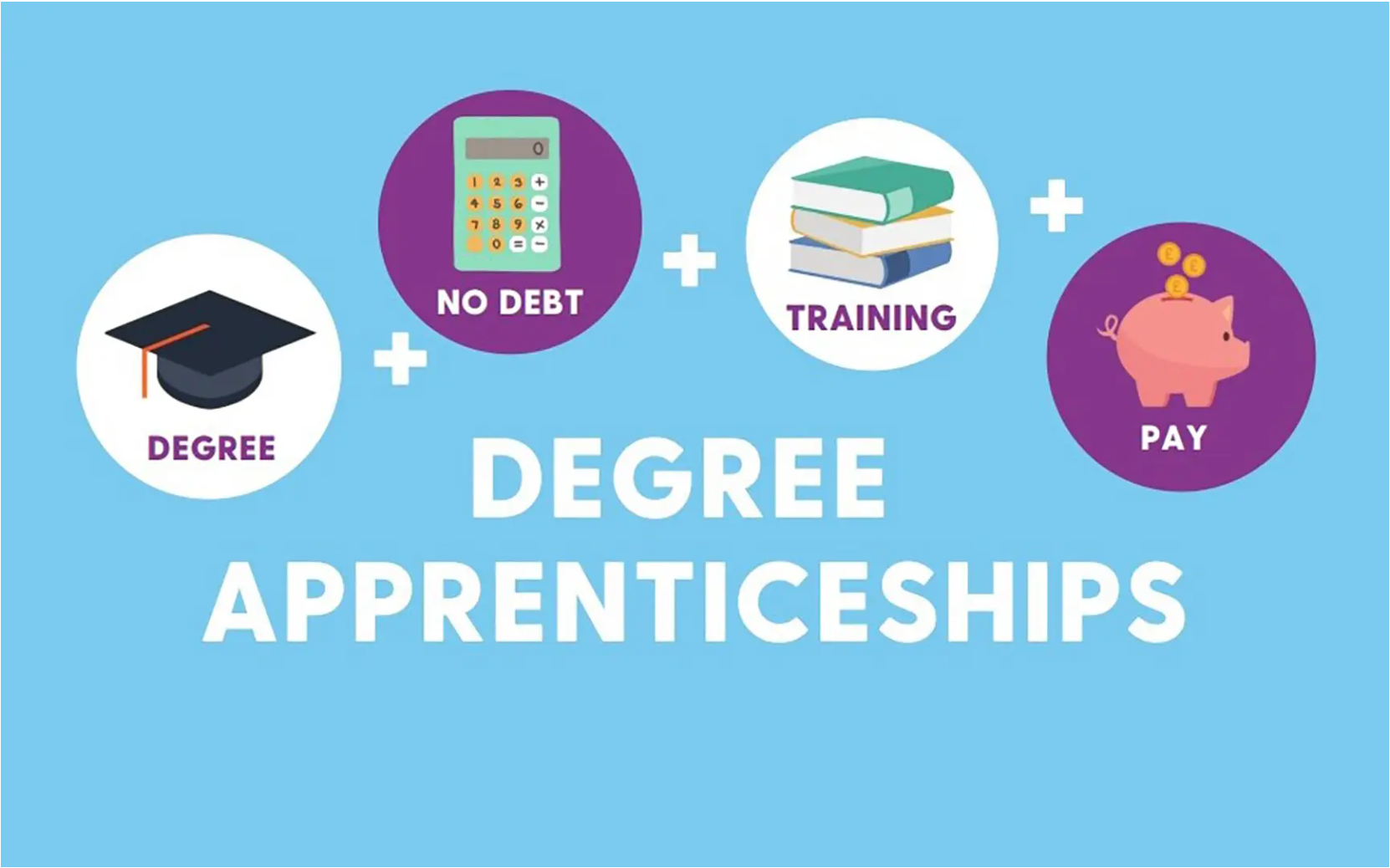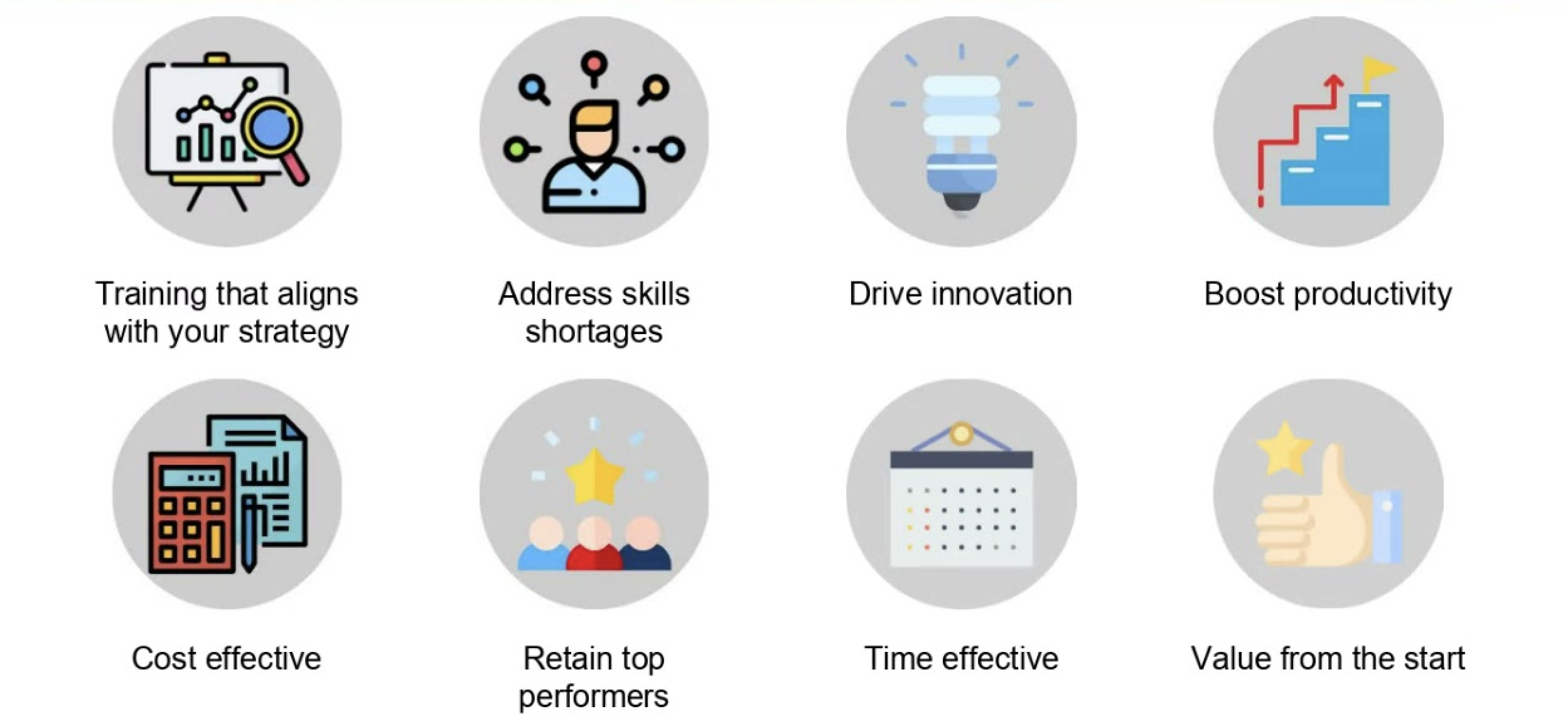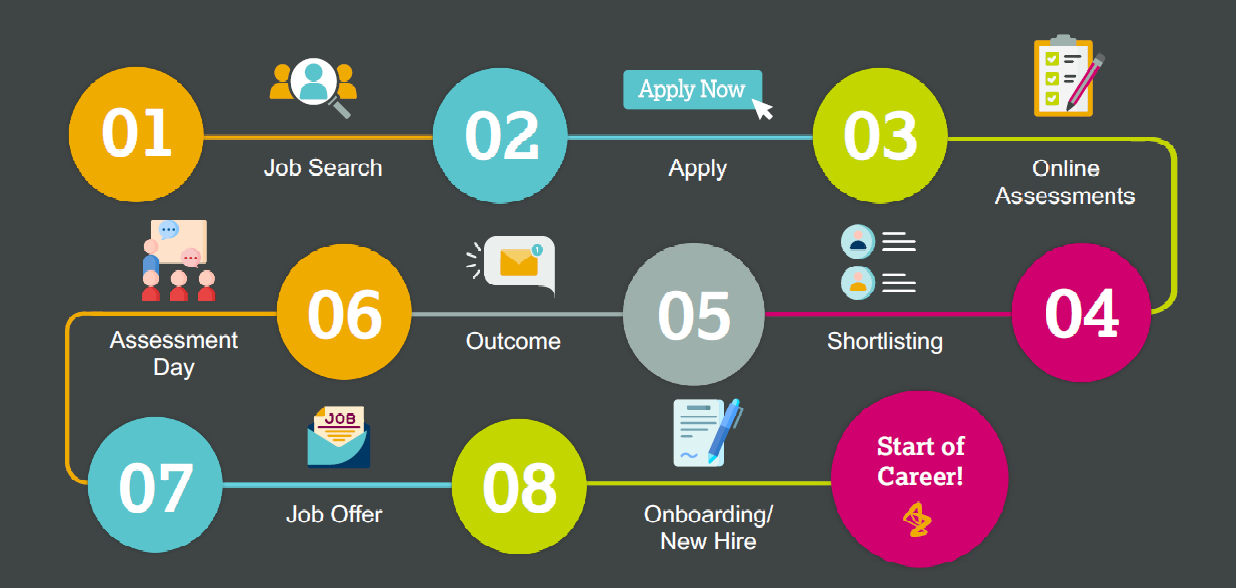Apprenticeships with degree
Key Features of Degree Apprenticeships:
- Employment: Apprentices are full-time employees, earning a wage throughout the apprenticeship.
- Education: Participants split their time between work and study, typically at a university or college.
- Qualifications: Apprentices work towards completing a bachelor's or master's degree.
- Duration: These programs usually last between 3 and 6 years, depending on the level of the degree and the profession.
- Cost: In many cases, the tuition fees are paid for by the employer and/or the government, meaning the apprentice can earn a degree without the typical student debt.
- On-the-Job Training: Apprentices gain hands-on experience in their field of interest, with a blend of learning and practical application.

Benefits of Degree Apprenticeships:
- Earn While You Learn: Apprentices are paid a salary and do not have to pay tuition fees.
- Relevant Work Experience: The work experience is directly related to the degree being studied, providing a significant advantage in the job market.
- Academic and Vocational Qualifications: Apprentices earn a full bachelor’s or master’s degree, which is recognized by employers and institutions.
- Professional Network: Working while studying helps build a professional network early in your career.
- Progression Opportunities: There is often a clear pathway to higher-level roles within the company after completing the apprenticeship.

How to Apply:
- Research: Look for degree apprenticeship opportunities in your field of interest. All major employers offer degree apprenticeships from barclays to bae systems to local community pharmacies.
- Eligibility: Check the entry requirements for the apprenticeship. Some may require certain academic qualifications or work experience. it is worth to aply regardless of qualifications as sometimes experience and behaviour during the selection process can have a big impact on employers
- Application: The application process is long and can take several months, however you should be applying to as many as possible as this will increases your chances and improve your employability skills
- Assessment: Candidates may need to go through online aptitude tests, assessment centers, interviews, or other selection processes.
- Acceptance: If successful, you’ll be offered a position and will start your apprenticeship according to the employer and institution's schedules.




